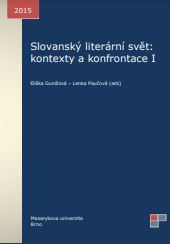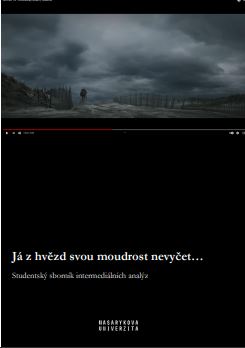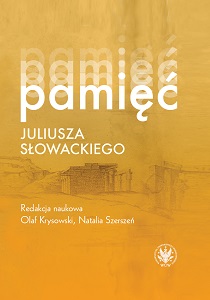Author(s): Lucie Petreková / Language(s): Czech
Publication Year: 0
Součástí sbírky Absolutní hrobař (1937) Vítězslava Nezvala je mimo jiné i oddíl Dekalkomanie, v němž můžeme najít sedm dekalků a básní, kromě těchto také dva texty teoretické, z nichž při úvaze o básni Po smršti budeme vycházet. Absolutní hrobař je jednou z posledních Nezvalových sbírek v jeho vrcholném surrealistickém období a uzavírá tak básníkovu triádu Žena v množném čísle, Praha s prsty deště a Absolutní hrobař. V teoretickém úvodu Dekalkomanie se o obrazech, které básník vytvořil rok před jejich zbásněním a vydáním, dočteme, že se jednalo o umělecký popud „maniakální“, o dílo náhody, která však byla nutností, o surrealistickou hru s imaginací a dosud netušenou touhou a snem (Nezval 2012: 379). Dekalky jsou spolu s automatickým psaním, technikou frotáže nebo například fototypů neodmyslitelně spojeny se surrealismem a experimentálním obdobím třicátých let 20. století, dle André Bretona jsou dekalky oknem k nejkrásnějším krajinám a světům (Effenberger 1969: 56–57). Tuš rozlitá na hedvábný papír, pomalu rozpitá a obtisklá na druhý povrch, vytvořila natolik podmanivé nahodilé obrazce, že v básníkově mysli rozehrály celou řadu spontánních básnických obrazů, jež následně využil při psaní Absolutního hrobaře. Sedm z těchto dekalků bylo však natolik svérázných a suverénních, že se ve stejném zápalu pokusil o jejich verbální zpracování. Slovy autora samého jde o „slovní interpretaci“ obrazů, dekalků, které ho vyburcovaly k „aktivnímu a paranoickému myšlení“ (Nezval 2012: 399–400).
More...



